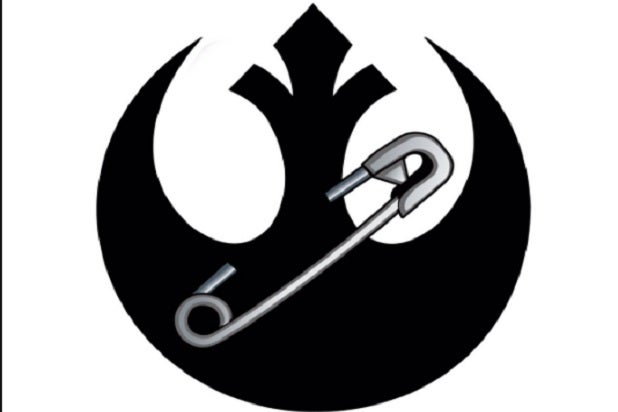The popular Harry Potter book series featured the
exploits of a group of teenage wizards as they navigate the travails of life,
friendship, evil forces, and magical education at the Hogwarts School of
Witchcraft and Wizardry. An ongoing theme throughout the series focuses on the
forces of dark magic and the danger presented to society by a particularly
powerful dark wizard known as Voldemort. Harry and his friends, including the
very bright Hermione Granger, have discovered that Voldemort’s presence was
once again threatening danger to society and they had reported it to the
appropriate governmental authorities. However, in order to avoid a public
panic, the government has not merely ignored their entreaties to take action,
but has engaged in an aggressive campaign to discredit the young wizards and
their statements. In this setting, the following exchange takes place between
Hermione Granger and Minister of Magic Rufus Scrimgeour:
"'Are
you planning to follow a career in Magical Law, Miss Granger?’ asked
Scrimgeour. ‘No, I am not,’ retorted Hermione. ‘I’m hoping to do some good in
the world!'"
From her point of
reference in the eternal struggle between good and evil, Hermione
conceptualized law as an impediment to the accomplishment of good. In her
eyes, law was bad and to “do good” one had to do something other than
law. Considering law through Hermione’s eyes introduces us to the
complexity of the question, “What is law?”



